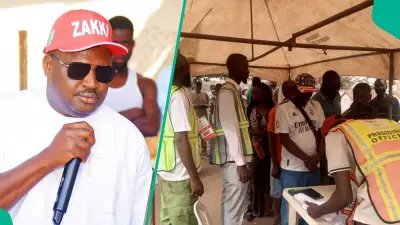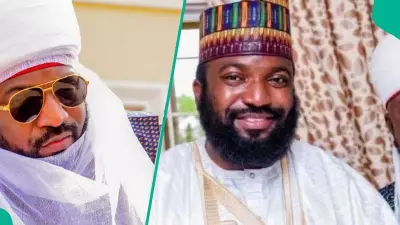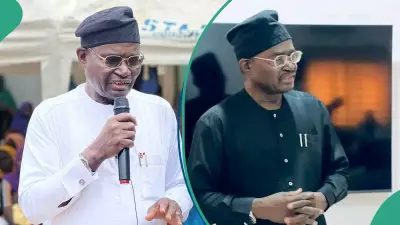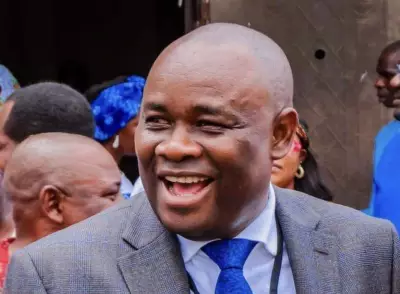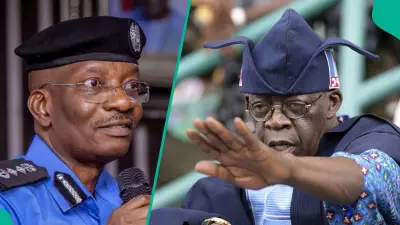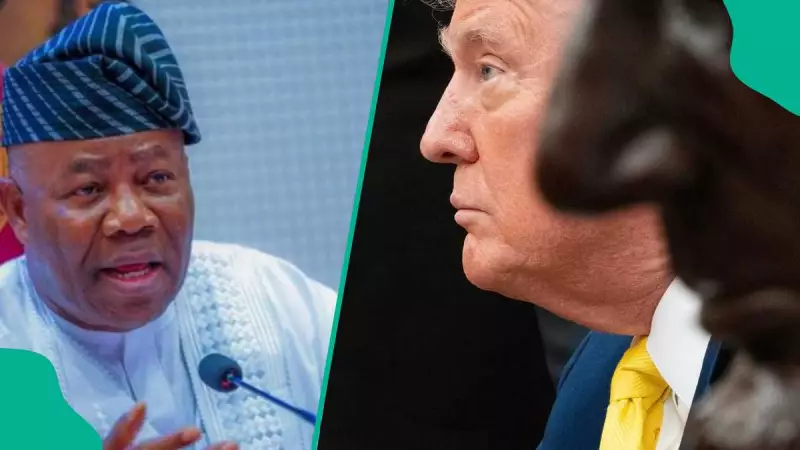
Senate President Godswill Akpabio stepped in dramatically during a ministerial screening session on Tuesday, defending President Bola Tinubu's nominee for Minister of State for Petroleum against what he deemed irrelevant questioning about former US President Donald Trump.
The tense moment unfolded as senators grilled the ministerial candidate, with Akpabio abruptly interrupting proceedings to redirect the conversation toward more pressing national issues.
'Ignore That Question' - Akpabio's Firm Intervention
"You can ignore that question," Akpabio declared firmly from his presiding seat, addressing the nominee directly. His intervention came after a senator pressed the minister about comments potentially involving the former American president.
Akpabio emphasized that such international political references had no bearing on the nominee's capacity to serve Nigeria's petroleum sector effectively. "We should focus on matters that directly impact our nation's development and energy security," the Senate President asserted.
Focus on National Priorities
The Senate President's intervention highlighted the legislative body's commitment to maintaining focus on substantive issues during critical appointment processes. Rather than entertaining what he characterized as distracting political commentary, Akpabio steered the conversation toward the nominee's:
- Plans for Nigeria's oil and gas sector revitalization
- Strategies for addressing energy challenges
- Approach to managing the country's petroleum resources
- Vision for sustainable development in the energy sector
Political Implications
This incident underscores the ongoing dynamics within Nigeria's political landscape, where legislative oversight meets executive appointments. Akpabio's firm handling of the situation demonstrates:
- The Senate's authority in confirmation hearings
- The importance of maintaining procedural focus
- The need for relevant questioning during ministerial screenings
- The balance between thorough vetting and political pragmatism
The screening session continued with renewed focus on policy matters and the nominee's qualifications, setting a precedent for future confirmation hearings in the current political administration.


